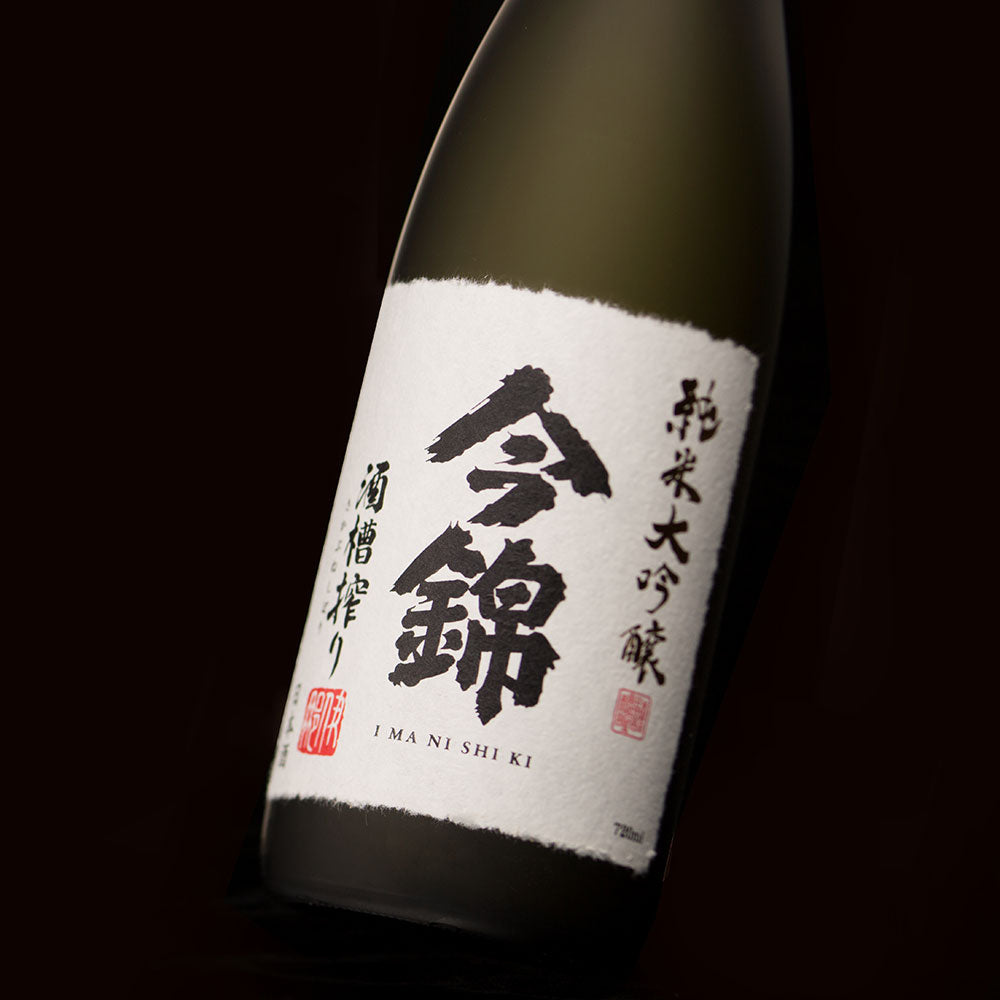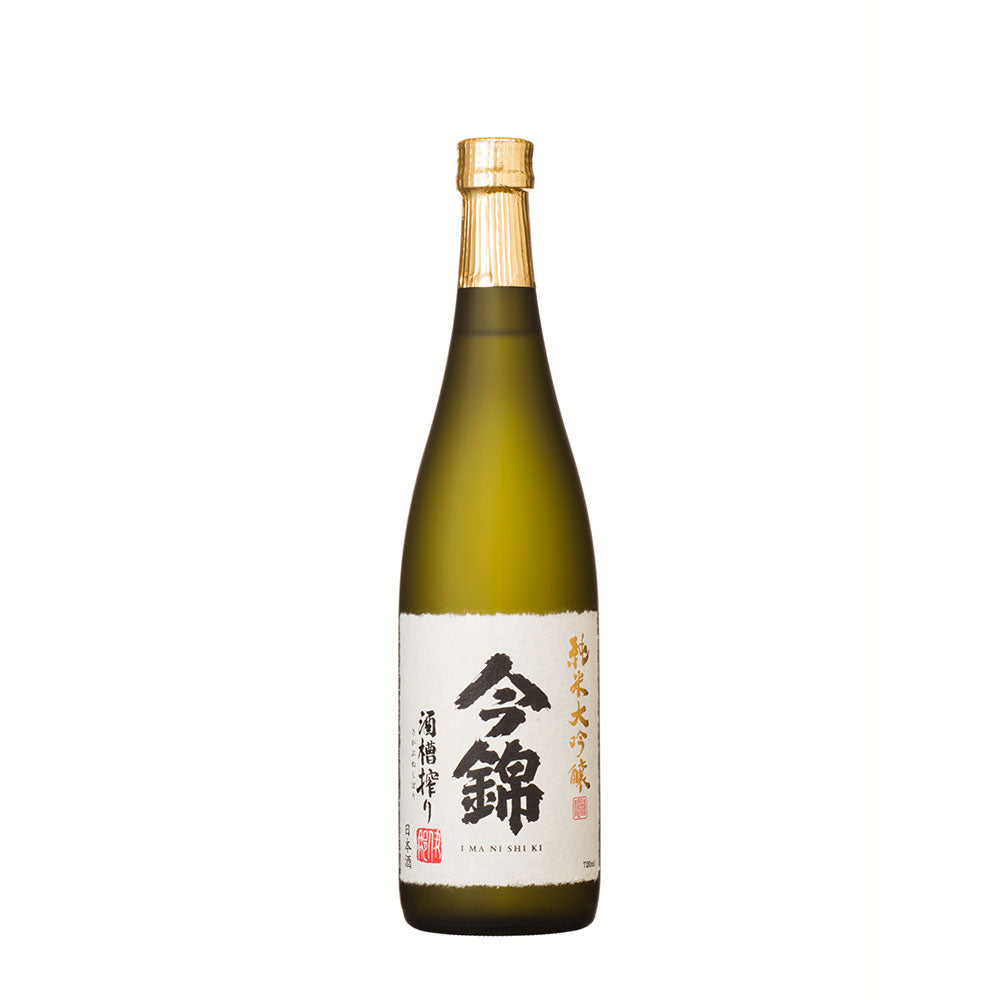-
 >
>
- Product list >
- Imanishiki Junmai-daiginjo undiluted (720ml)
Imanishiki Junmai-daiginjo undiluted (720ml)
詳しく見る
- *All prices shown are the product prices from the Japanpage:.
- *Product price can be shown in multiple currencies as reference values.
- *Payment should be made in Japanese yen.
- *After filling in delivery address, grand total (product price + shipping cost (packing + shipping + insurance) +tariffs & taxes) will be shown on the shipping cart page.
- *All prices shown are the product prices from the Japanpage:.
- *Product price can be shown in multiple currencies as reference values.
- *Payment should be made in Japanese yen.
- *After filling in delivery address, grand total (product price + shipping cost (packing + shipping + insurance) +tariffs & taxes) will be shown on the shipping cart page.
Awards
Kura Master2019 Junmai Daiginjo Division Platinum
Made with only "Miyamanishiki" brewing rice grown in Nagano Prefecture, ground down to 39% of its original size. This Junmai Daiginjo brewed with high quality spring water from the Minami Alps and yeast from the same prefecture is called "Imanishiki Junmai-daiginjo, undiluted". The moromi is fermented at low temperatures over a long period of time, using the labor intensive traditional "Sakafuneshibori" method, a rarity in modern sake production. "Sakafuneshibori" consists of carefully lining up sake-making bags in sake casks and slowly and gently squeezing out the liquid, and it produces a sake with a pure taste free of off flavors. This Junmai Daiginjo brewed with great care and attention to detail has a light, soft, and balanced taste paired with a smooth and supple mouthfeel. At the "Kura Master" Japanese sake competition, the top global authority on this spirit, this was one of just 33 brands were selected for the platinum award in the Junmai Daiginjo category out of 720 total in the 2019 contest. This achievement shows the esteem this Junmai daiginjo is held in worldwide.
Pairing food proposed from Vendor
Any kind of meat dish
About "Imanishiki"
The name "Imanishiki" comes from an ancestor of the sake brewer, who was an amateur sumo wrestling Yokozuna (Grand Champion) and used it as his wrestling stage name. This sake is brewed using traditional "Sakafuneshibori" combined with the latest technology using local sake rice grown on land blessed with the natural environment and good quality spring water of the Southern Alps.
Recommended temperature
- Atsukan (50 - 55℃)
- Jokan (45 - 50℃)
- Nurukan (30 - 40℃)
- Room temperature (15 - 20℃)
- Hanabie (10℃)
- Yukibie (5℃)
Type


Tag
Appearance
-
Clarity
Transparency
Hazy
-
Colour
Colorless
Dark brown
-
Intensity
Water
Deep
Nose characteristics
-
Intensity
Low
Strong
Taste characteristics
-
Light / Body
Light
Body
-
Sweet / Dry
Sweet
Dry
-
Simple / Complexity
Simple
Complexity
-
Acidity
Low
High
-
Umami
Low
High
-
Finish
Low finish
Long finish
Aroma and flavor
Apple
Detailed information
| Volume | 720ml |
|---|---|
| Size (L W H) | 7.0 x 7.0 x 30.0 cm |
| Weight | 1.2kg |
| Ingredients | Rice, Rice koji, Water |
| Region | Nagano |
| Alcohol content | 16%vol. |
|
Sake Meter Value
|
+2 |
|
Acid level
|
+1.2 |
|
Polishing ratio
|
39% |









